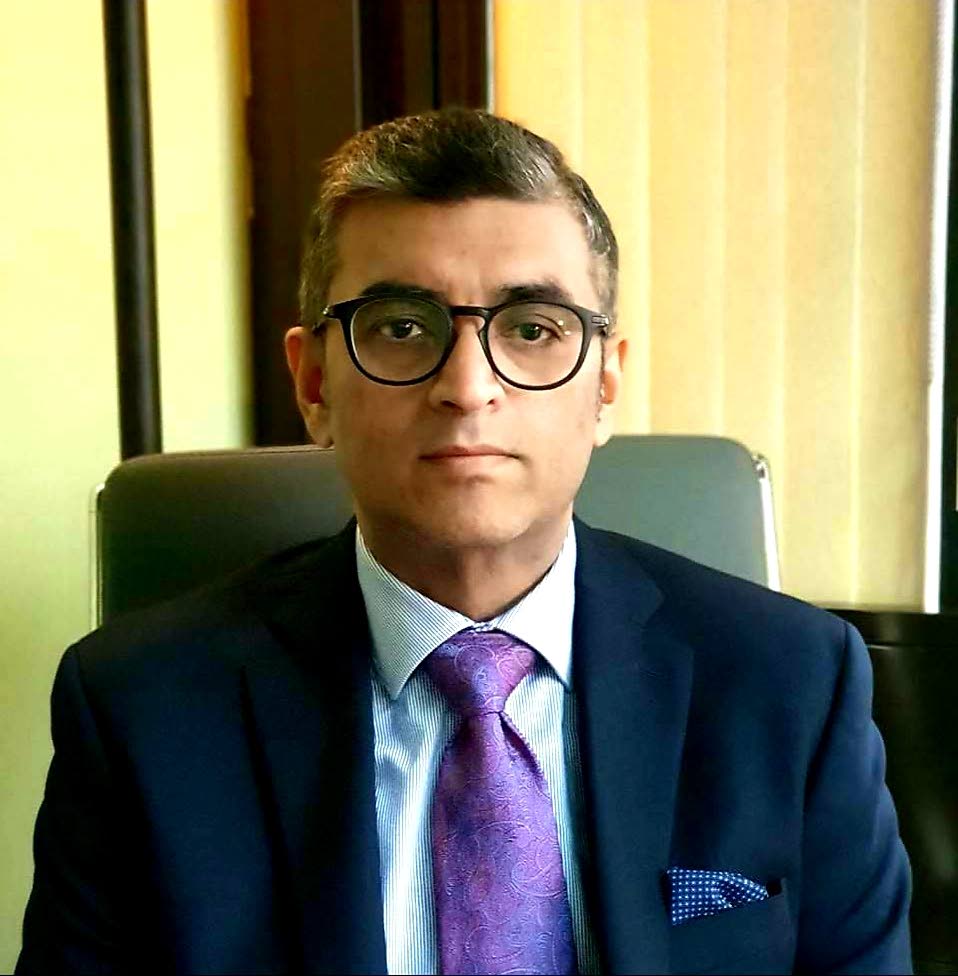Judge clarifies law on public protests: 'No police permission necessary'

PROTESTS, as opposed to public marches, do not require the permission of the commissioner of police, a High Court judge has ruled.
On Monday, Justice Ricky Rahim held that the police officer who insisted that Debe businessman Vijay Ramai, owner of the Fun Splash waterpark, needed the permission of the commissioner to hold a one-man protest outside the Red House in early February against the Government’s safe-zone policy in 2022, did so unlawfully.
However, because Ramai failed to prove his constitutional rights were infringed, the judge dismissed his complaint.
“In the view of the court, the unlawful instruction given by the PC (police constable) did not on this occasion lead to any constitutional infringements. That is not to say, however, that the PC was justified in his actions, “Rahim said.
It was for this reason, he ordered both sides to pay their own costs.
Ramai filed a constitutional claim challenging the police’s instruction to put down his placard as he had no permission to protest.
At the time, he was protesting the imposition of the safe-zone policy imposed during the covid19 lockdowns. He said his peaceful demonstration was to highlight his dissatisfaction with the safe-zone policy, which discriminated against businesses like his since, at the time, children under 12 were banned from safe zones.
While outside the Parliament, Ramai was advised by PC Sinanan he could not be there. He challenged the officer, but eventually put down his placard, saying he felt intimidated by the police.
In his ruling, Rahim said Ramai was still able to exercise his right to express himself and when he refused to abide by Sinanan’s “unlawful” instruction, accomplished that which he went to the Parliament to do.
However, the judge clarified the law on public meetings. He said the word “protest” did not feature in the Summary Offences Act and there was a distinction between a public meeting and a public march.
“In the case of the former, so long as the gathering will be of more than one person in a public place one must give notice (to the commissioner).”
He said there was no statutory requirement that one applies for and be granted permission to hold a meeting in a public place. All that was required, for notice to be given. In such a case, the judge said the commissioner can then act on that notice.
“It follows that even if one wishes to hold a public meeting of more than one person permission is not required.”
However, for public marches, permission must be sought and granted.
Rahim said the courts had to be vigilant to guard and protect citizens against the “arbitrary use and abuse of power by the State whether by the police or otherwise.”
He said the right to express oneself was a fundamental right.
“It often is the only avenue for people to make their views known on crucial issues and the court must be alert to ensure that that right is in no way trampled upon so as to have the effect of the stifling of the voice of the people.”
“Fortunately, the claimant, in this case, would have ignored his instructions in deeds although not in words and would have proceeded to exercise his constitutional entitlement.”
“Not every citizen possesses such strength of character to stand firm in the face of unlawful action by the police and so police officers tasked with enforcing the law must be very careful so as not to unwittingly trample upon the rights of citizens in circumstances such as these.”
He said in such a case, it perhaps would have been prudent for PC Sinanan to wait on the actions of his seniors and follow their instructions.
“Had he done so he would not have made the faux pas which he did. Those who carry with them the power of the State must be vigilant themselves to ensure that citizens do not feel taken advantage of especially where they feel they have a right to be heard.
“It is a delicate balancing exercise that requires maturity of thought and action.”
Ramai was represented by attorneys Larry Lalla, SC, and Taruna Mangroo, while the State was represented by Nadine Nabie.


Comments
"Judge clarifies law on public protests: ‘No police permission necessary’"